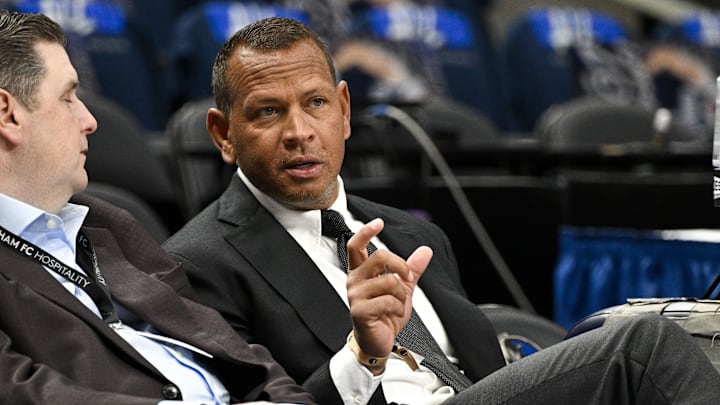Coming off a dream season, the Minnesota Timberwolves are in a similar place as a lot of teams around the association headed into the draft and free agency period. Of course, they want to keep building off what they have constructed so far, and keep leveling up a roster that dominated on defense all season and won 56 games in the Western Conference.
The Boston Celtics team that just won a championship is a great model to follow when it comes to team building. Their President, Brad Stevens, did not stay complacent after multiple conference finals defeats and a loss in the NBA Finals. He stayed aggressive and kept adding pieces, landing the Celtics high-level role players like Jrue Holiday and Kristaps Porzingis; additions that ultimately got them to the NBA mountaintop.
But as the Timberwolves also look to stay ambitious in their moves, they will be running into a problem: the second apron restrictions of the NBA's new Collective Bargaining Agreement. It has been brought up a multitude of times when discussing Minnesota's offseason, but the gist of the situation is that the Wolves have an extremely high payroll and it will be difficult for them to significantly upgrade their roster.
The Timberwolves will be forced to run it back with the current roster
Looking at Minnesota's payroll for next season, Karl-Anthony Towns' contract is one aspect that stands out as particularly important. His new deal is kicking in next year, meaning he will be getting paid $49.2 million. Add that to Rudy Gobert's $43.8 million salary, Anthony Edwards' $45.6 mil and Jaden McDaniels' $24.3 mil, and the Wolves will easily be a second-apron team.
Being in this position will significantly limit their spending options and will only allow them to sign players to minimum contracts. As such, Minnesota's only real option becomes running this past year's roster back. They had too successful a season to go and trade a big piece away while breaking up their core in the process.
Whether Alex Rodriguez and Marc Lore or Glen Taylor end up at the helm of the Timberwolves' ownership next season, either party will likely be interested in cutting costs to free up flexibility for the team going forward. But at least for now, they can not do that without moving one of this team's key players and upsetting the fanbase in the process.
So as nice as it would be to add more big time scorers to this team to give them a greater chance at a championship this season, the Wolves will likely be forced to try it out again with their same group. What happens this coming season will obviously have major implications on who stays and who goes in the future.
